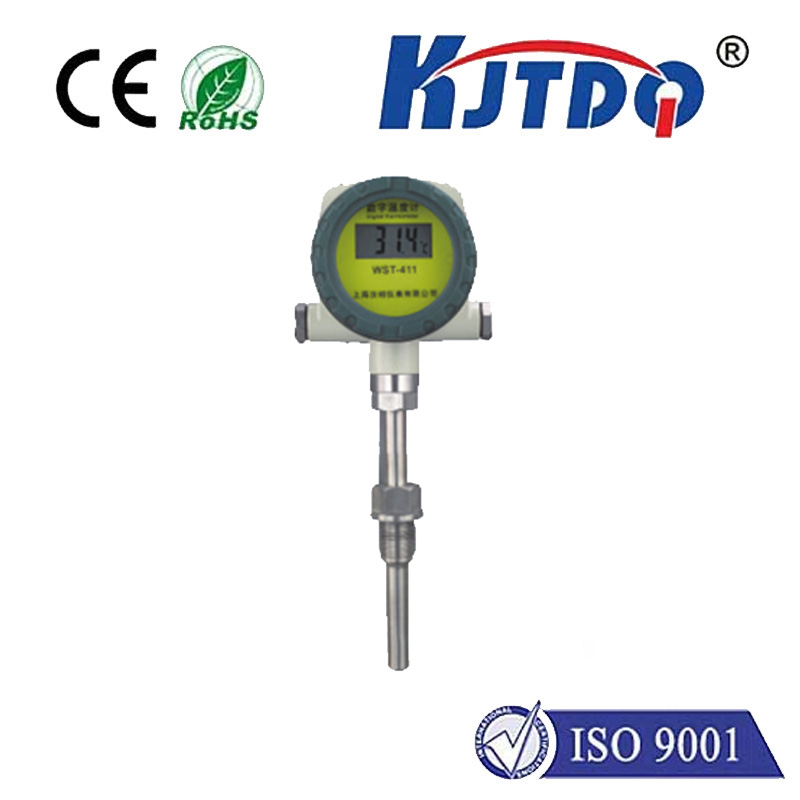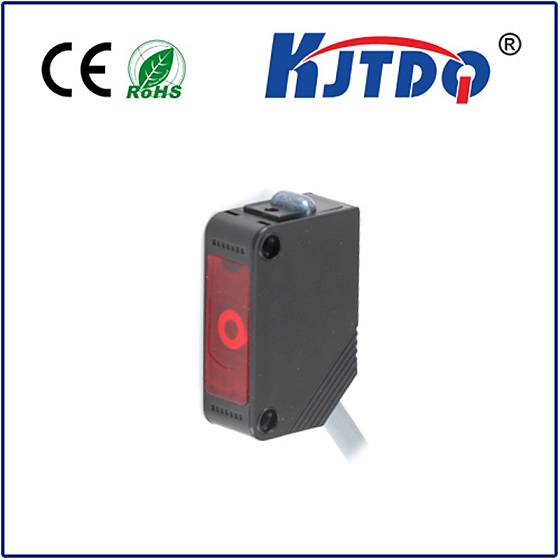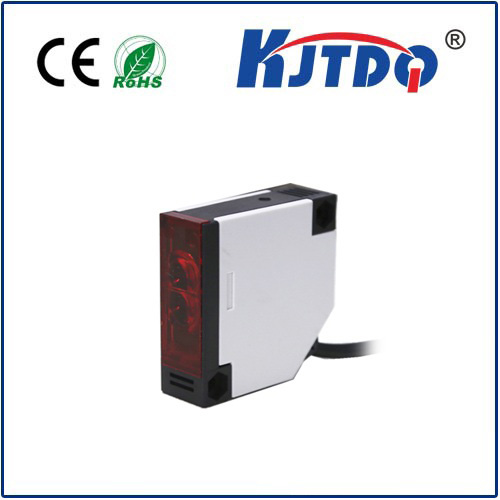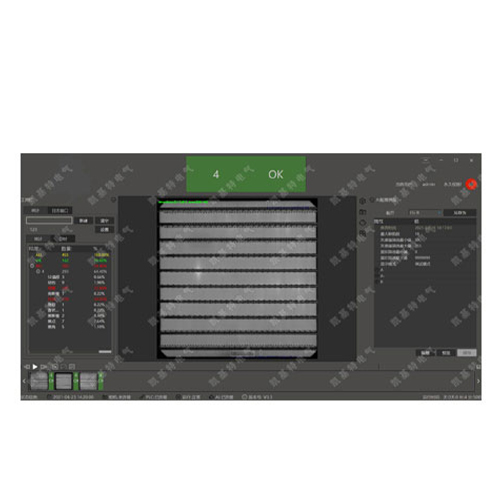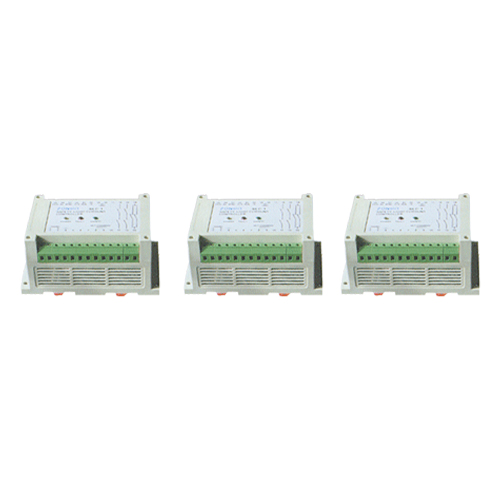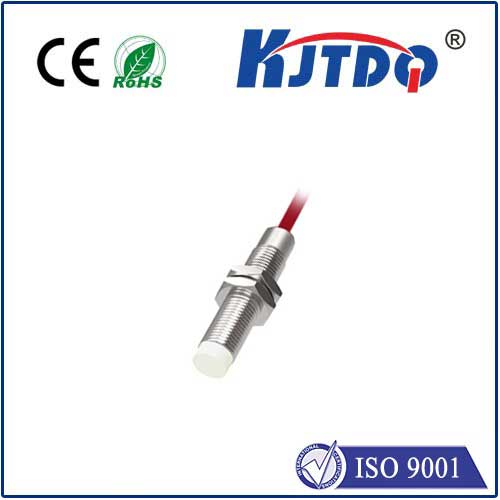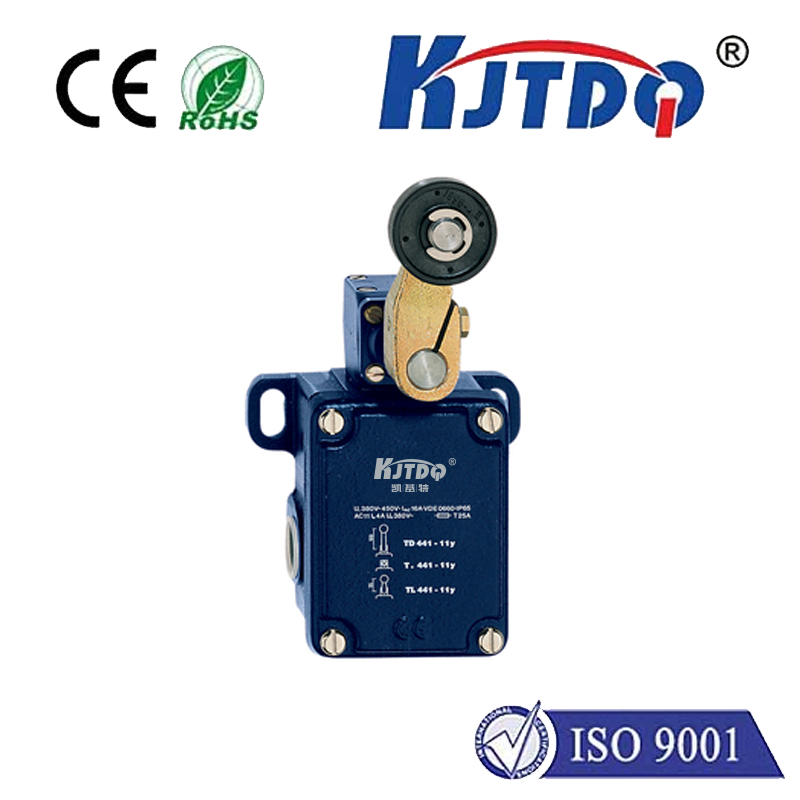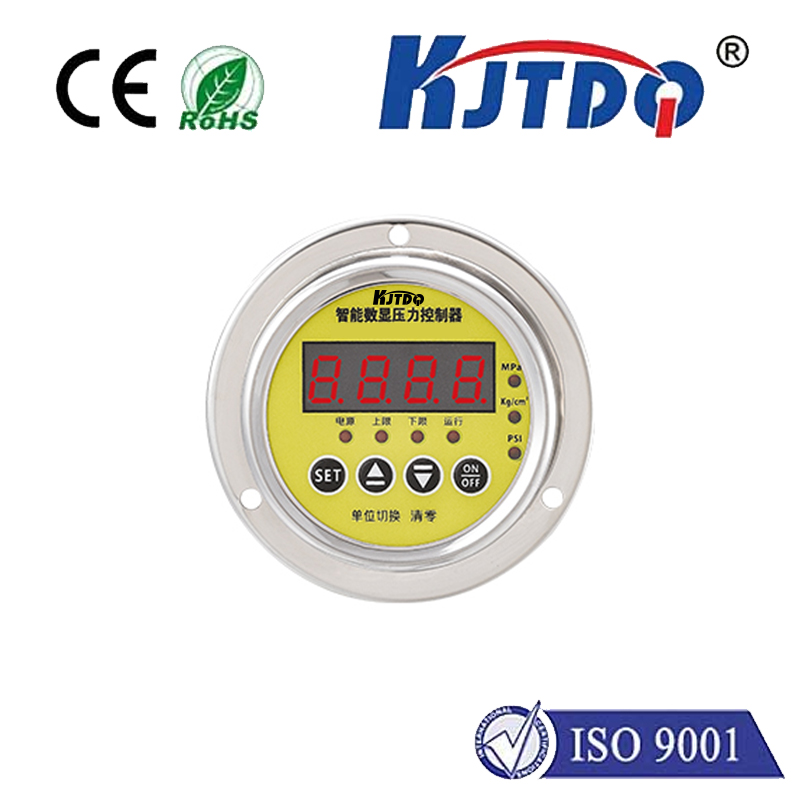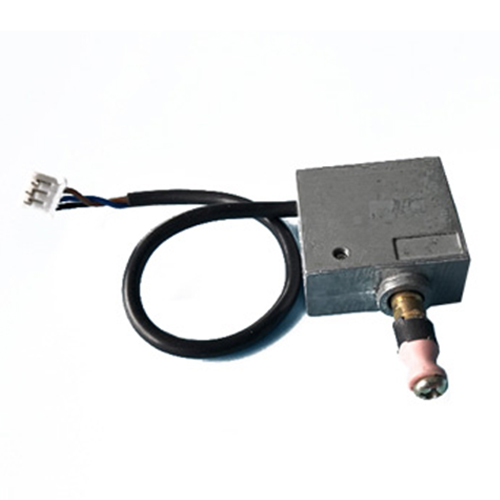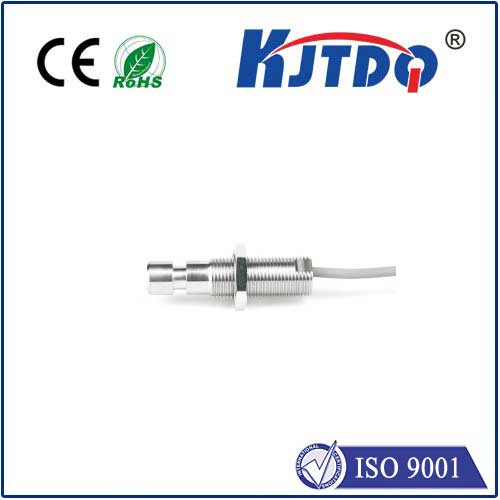The Significance of Relay Limit Switches in Industrial Automation
Relay limit switches are an essential component of industrial automation, providing critical control functions in a wide range of applications. These switches act as sensors that detect the position or movement of machinery or equipment, triggering relays to activate or deactivate electrical circuits. The importance of relay limit switches cannot be overstated, as they help ensure efficient and safe operation in various industries, from manufacturing to transportation and beyond.
In essence, a relay limit switch is a device that uses a magnetic field to detect the presence or absence of an object within its proximity. When an object approaches the switch, it triggers a signal that is sent to a relay, which then opens or closes an electrical circuit. This process allows for precise control over machinery and equipment, making it possible to automate complex tasks with greater efficiency and accuracy.
One key advantage of using relay limit switches is their reliability. Unlike mechanical switches, which can wear out over time and require regular maintenance, relay limit switches are designed to operate continuously without fail. They are also highly durable, able to withstand harsh environments and extreme temperatures, making them ideal for use in industrial settings where conditions can be challenging.
Another benefit of relay limit switches is their flexibility. These switches can be used in a wide variety of applications, including machine tooling, conveyor systems, packaging machines, and more. They can also be easily integrated into existing control systems, allowing for seamless integration and improved workflow efficiency.
When selecting a relay limit switch for your application, there are several factors to consider. First, you'll need to determine the type of switch that best suits your needs. Some common types include roller-vane switches, plunger switches, and paddle switches. Each type has its own advantages and disadvantages, so it's important to choose the one that will work best for your specific application.
Next, you'll need to consider the voltage and current requirements of your system. Make sure that the relay limit switch you select is compatible with your equipment and can handle the necessary electrical load. You should also pay attention to the switch's response time and accuracy, as these factors will impact the overall performance of your system.
Finally, it's important to choose a reputable supplier for your relay limit switches. Look for a company with a strong track record of quality products and excellent customer service. By working with a reliable partner, you can ensure that your automation system operates smoothly and efficiently, without any unexpected downtime or costly repairs.
In conclusion, relay limit switches play a crucial role in industrial automation by providing precise control over machinery and equipment. With their reliability, durability, and flexibility, these switches offer numerous benefits for businesses looking to streamline their operations and improve productivity. By carefully selecting the right relay limit switch for your application and working with a trusted supplier, you can ensure that your automation system runs smoothly and efficiently for years to come.
